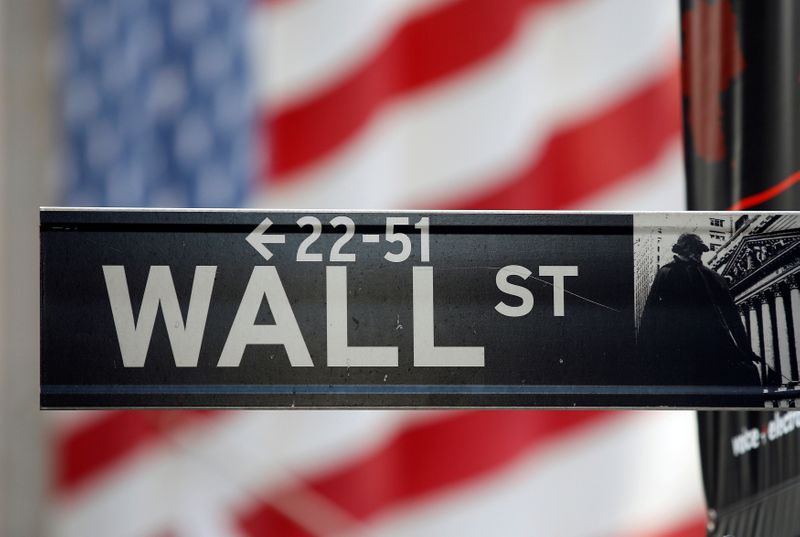By Caroline Valetkevitch
NEW YORK (Reuters) - An expected rebound in capital expenditures for U.S. companies could be more at risk, as concerns over the economic recovery and a possible contested U.S. election mount.
A resurgence in coronavirus cases both in the United States and in Europe has underscored concern about the impact on global growth which has been struggling to return to pre-pandemic levels.
Next week's U.S. presidential election could remove some of the uncertainty for expenditures, although a contested election would add to concerns, investors and strategists said.
Analysts expect capital expenditures for S&P 500 (SPX) companies to rise by 6.3% in 2021 after dropping 11.4% this year, according to IBES data from Refinitiv.
"Is it going to rebound in 2021? Probably, though there's a lot of uncertainty out there," said Peter Tuz, president of Chase Investment Counsel in Charlottesville, Virginia.
"You have the election, you have COVID and its impact on the economy around the world, and whether we're going to see additional stimulus spending in the United States."
Election uncertainty compounded by the failure of lawmakers to approve new fiscal stimulus helped push U.S. stocks down sharply on Wednesday, with the Dow (DJI) closing at lows last seen in late July.
French and German leaders ordered their countries back into lockdown as a second wave of the virus swept Europe.
In recent commentary, Goldman Sachs (NYSE:GS) strategists said their forecast for a 10% rebound in S&P 500 capex, excluding energy, in 2021 assumes a "sharp recovery in economic and sales growth," but also assumes "that policy uncertainty declines from its currently elevated levels" as questions around a vaccine for the virus and the election are resolved.
Investors are focusing on the possibility of prolonged economic weakness, said Peter Cardillo, chief market economist at Spartan Capital Securities in New York.
"That will hold back capital investments and things of that nature. It could be very negative going forward."
One silver lining for capital spending has been technology as companies in the industry grow and others invest in better equipment and software.
The only S&P 500 sectors forecast to see increases in capex spending in 2020 are information technology (SPLRCT) and communication services (SPLRCL), Refinitiv's data shows.
Technology capex is expected to increase by 4.9% over 2019 while communication services is slated to grow by 1.3%.
"Technology is the beneficiary increasingly of capex," said Quincy Krosby, chief market strategist at Prudential Financial (NYSE:PRU) in Newark, New Jersey.
That "has been going on for many years, but it has increased as the digital world has expanded and you add an acceptance that remote working may last longer than initially planned."
Research and development spending by healthcare companies also is likely to increase as they continue to research and test treatments for the coronavirus.
But for other sectors such as industrials and energy, the forecast looks more grim. Capital spending by the industrials sector (SPLRCI) is estimated to drop 20.8% this year, while materials (SPLRCM) spending is expected to fall by 27% and energy (SPNY) by 35%.
"The combination of falling oil prices and the pandemic recession have led to a collapse in energy profitability," Goldman strategists wrote.
Many companies are still reluctant to post guidance, a sign that they may be hesitant to decide on more capital spending.
On Wednesday, United Parcel Service's (N:UPS) shares fell sharply despite its stronger-than-expected results, and the company said it was not providing revenue and earnings guidance due to uncertainty about the economy.

"That has to affect the company's plans as far as capital spending well into next year," Tuz said.